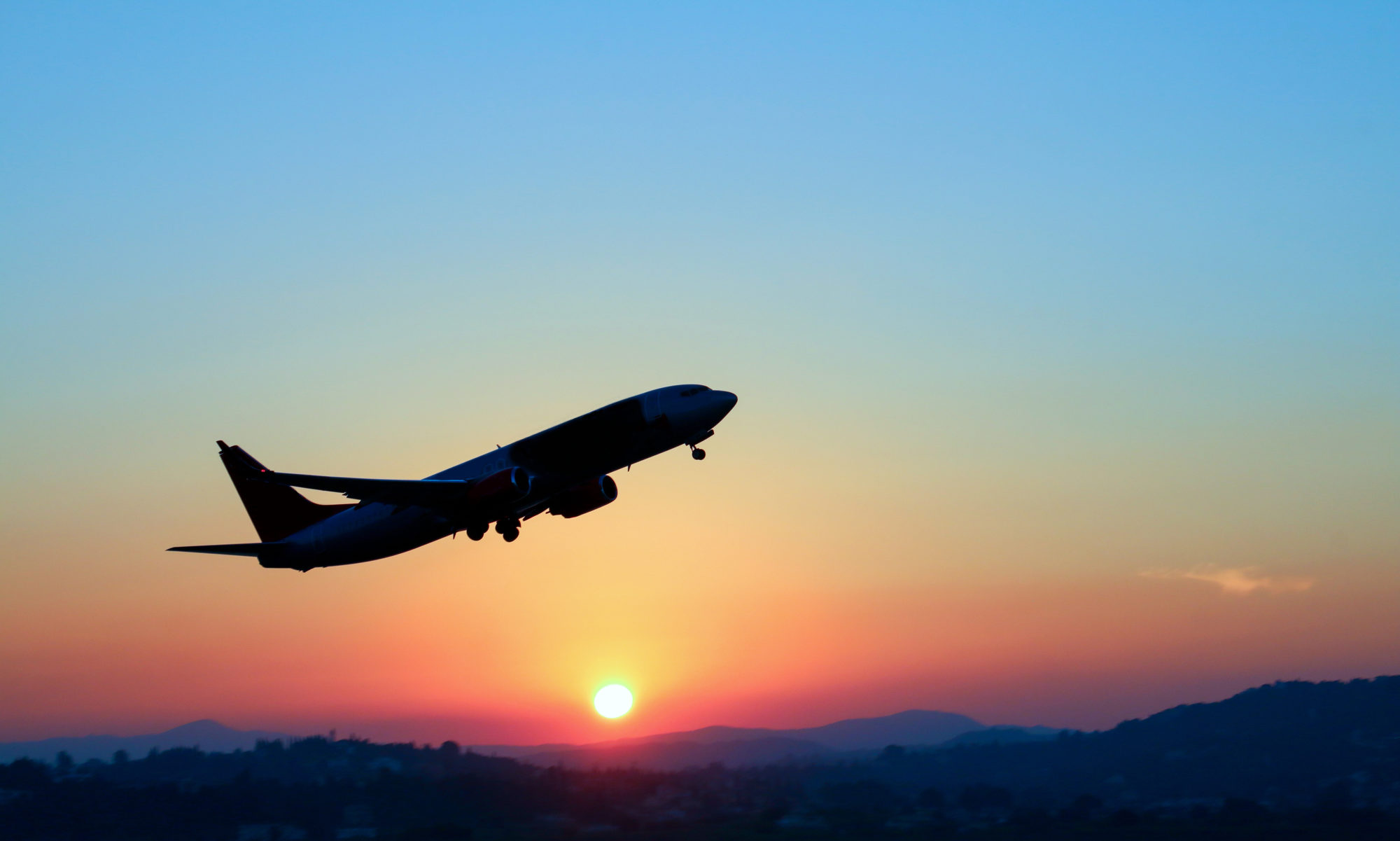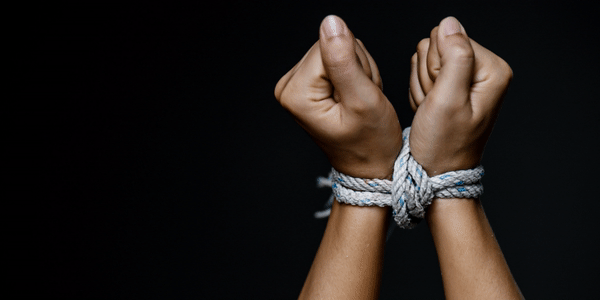In the run up to 30 July – World Day against Trafficked Persons, which is calling for governments to take more stringent action to fight Human Trafficking, I took the opportunity to reflect on what I have learned about the issue since WTTC launched its Human Trafficking Task Force at the 2019 Global Summit in Seville, April this year.
- Human Trafficking is a big money ‘business’.
According to the International Labour Organization, Human Trafficking is an illicit industry worth more than $150 billion annually, which is equivalent to the entire tourism economy of Brazil ($152.5 billion).
2. Human Trafficking affects everyone, everywhere.
Victims of Human Trafficking are men, women and children, and they can be found in every country in the world. An estimated 24.9 million people are trapped in forced labour:
- 16 million of which are exploited in the private sector,
- 4.8 million in forced sexual exploitation, and
- 4 million in forced labour imposed by state authorities.
Human Trafficking disproportionately affects females who make up 99% of commercial sexual exploitation cases and 58% in other sectors.
3. You don’t have to be physically moved to be ‘trafficked’.
A common misconception when it comes to Human Trafficking is the idea that a person is ‘trafficked’ from one country to another. In reality, a person need not be physically transported from one location to another in order to be considered a victim of Human Trafficking. In fact, UNODC estimates that the number of people being trafficked within their own country has doubled in recent years to 58% of all detected victims. Human Trafficking is therefore about coercion; forcing someone to do something against their will, and exploiting them.
4. Travel & Tourism is often an unwitting facilitator of Human Trafficking.
Travel & Tourism is responsible for the movement, accommodation and employment of millions of people around the world. These systems and platforms are often used by traffickers to exploit vulnerable people and children.
5. Trying to understand where Human Trafficking is taking place is really complicated.
Human Trafficking is a criminal activity that is hidden in plain sight. The biggest global Travel & Tourism brands have multifaceted organisational structures and operate in numerous and diverse destinations around the world where laws, customs and practices may vary. Value chains can be complex, including contractors, suppliers and other business partners – which could potentially heighten the risk of trafficked persons being hidden within their operations.
6. Travel & Tourism has a big role to play in the fight against Human Trafficking.
With 1.4 billion international tourist arrivals and 4 billion air passengers in 2018 alone, the Travel & Tourism sector interacts with billions of customers at all stages of the travel process. This provides an enormous opportunity for companies to raise awareness of the severity and prevalence of Human Trafficking, to encourage responsible tourist behaviour, and to inform travellers how to spot and report suspected cases.
7. Travel & Tourism employees are the eyes and ears on the ground (and in the air).
Travel & Tourism supports 1 in 10 jobs around the world – a total of 313 million people. Aware that their employees interact with millions of different people daily, many Travel & Tourism companies provide training to customer facing employees so that they know how to spot signs of Human Trafficking, how to report suspected cases, and have policies in place to protect whistle-blowers.
8. There is a role to play in supporting survivors, too.
As one of the largest employers in the world, and in addition to providing advocacy and awareness raising and employee training programmes, some Travel & Tourism companies, namely within the hotel industry are providing much-needed support to survivors including training and employment opportunities.
9. Global Action is required to tackle a problem of this magnitude.
WTTC launched its Human Trafficking Task Force at the 2019 Global Summit in Seville. Bringing together nearly 20 of the largest global Travel & Tourism brands, the Task Force facilitates information exchange and coordinates efforts across the private sector, while strengthening cooperation with the public sector and civil society.
10. Governments need to wake up and step up – it’s time for action!
While prevention and protection are crucial pillars in the fight against Human Trafficking, we need government support and leadership to take us beyond awareness-raising. Specifically, governments should strengthen the integration with local authorities to ensure perpetrators are duly processed and punished. The weakness in this ‘system’ is the lack of coordination for how to ensure reduction of the crime through the justice system.
Is your Government doing enough to fight Human Trafficking in your country?

